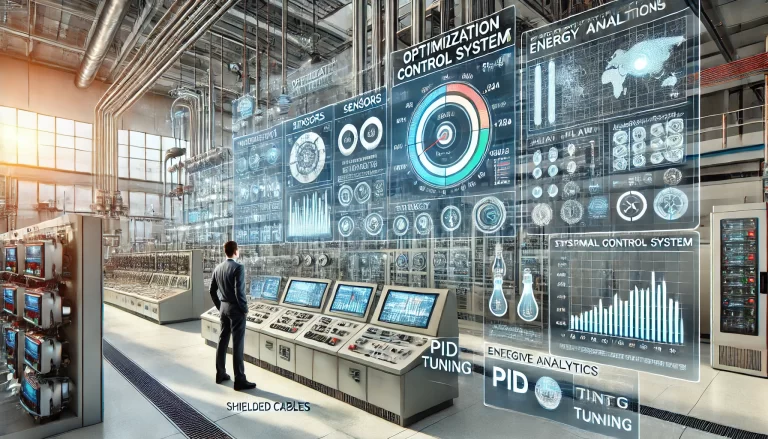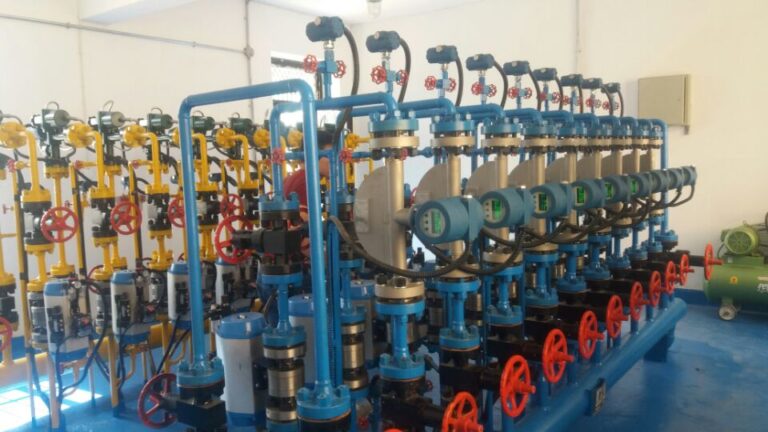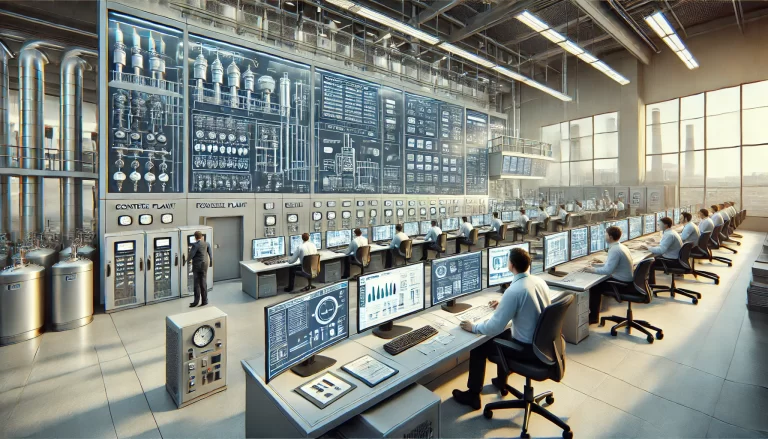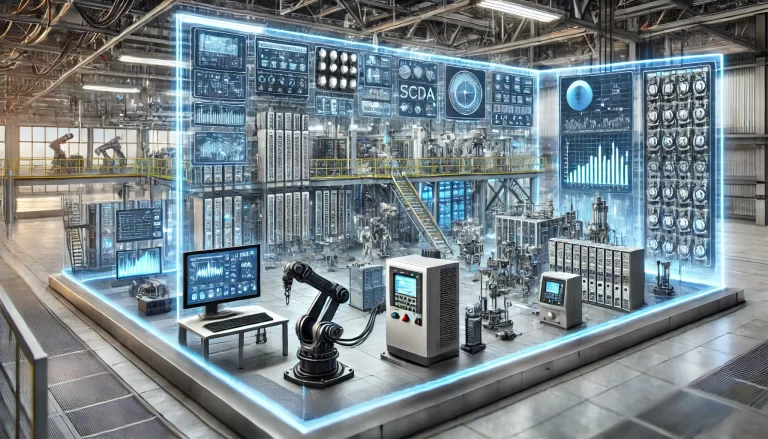Introduction
With the global emphasis on environmental protection and the widespread adoption of sustainable development concepts, green energy projects have gained significant momentum worldwide. This trend not only accelerates the optimization and upgrade of the energy structure but also presents unprecedented development opportunities for the instrumentation industry.

Impact of Green Energy Development on the Instrumentation Industry
As critical tools for monitoring, controlling, and regulating energy systems, instruments play a vital role in ensuring the operational efficiency and safety of green energy projects. Instruments are extensively applied in wind power, solar energy, and biomass energy sectors to monitor energy conversion efficiency, energy consumption, and equipment operational status. The rapid development of green energy projects drives the demand for advanced, high-performance instruments, pushing the industry toward innovation and technological upgrades.

Emerging Opportunities in the Instrumentation Industry
Research and Development of High-Performance Instruments:
To meet the stringent demands for precision and reliability in green energy projects, the instrumentation industry must enhance R&D efforts. For example, in the wind power sector, the development of wind speed sensors with features such as wind pressure resistance and lightning protection can significantly improve monitoring accuracy. Similarly, in the solar energy industry, the creation of high-precision solar irradiance meters with remote monitoring capabilities can optimize energy harvesting efficiency.Integration of Intelligent and Networked Technologies:
The advent of the Internet of Things (IoT), big data, and artificial intelligence (AI) is transforming the instrumentation industry. Implementing these technologies allows for remote monitoring, data analysis, and fault detection in energy systems. For instance, IoT-based energy management systems enable real-time data collection, processing, and transmission, providing critical insights to optimize the operation of green energy projects.Development and Promotion of Green Instruments:
Instruments used in green energy projects must also embody sustainability by being energy-efficient and environmentally friendly. The industry should prioritize developing low-power, low-emission instruments. For example, designing self-powered sensors that harness ambient energy or instruments built from recyclable materials can reduce operational costs and environmental impact, aligning with sustainable development goals.Cross-Sector Collaboration and Technological Innovation:
Green energy projects involve the integration of various technologies across multiple industries. Therefore, the instrumentation industry should actively pursue strategic partnerships with renewable energy equipment manufacturers, smart grid enterprises, and technology providers. Such collaborations can facilitate the development of advanced instrumentation solutions tailored for green energy applications, driving innovation and industry growth.

Case Studies and Data Insights
According to the International Energy Agency (IEA), global investments in renewable energy reached over $500 billion in 2023, creating significant demand for advanced monitoring and control instruments. For example, Siemens has developed intelligent sensors for wind farms that reduce maintenance costs by 20% through predictive analysis. Similarly, ABB’s solar monitoring systems have improved energy conversion rates by 15% in large-scale solar farms. These examples underscore the critical role of innovative instrumentation in enhancing the performance and efficiency of green energy projects.
Future Outlook
Looking ahead, the instrumentation industry must embrace digital transformation and prioritize sustainable innovation. Technologies such as edge computing, digital twins, and blockchain could further improve the reliability and transparency of energy systems. Moreover, policy support for carbon neutrality and green financing will continue to drive demand for cutting-edge, eco-friendly instruments.

Conclusion
The rapid development of green energy projects presents remarkable opportunities for the instrumentation industry. By intensifying R&D investments, adopting intelligent technologies, promoting green product development, and fostering cross-sector partnerships, the industry can deliver high-performance, intelligent, and sustainable instruments. These advancements will not only support the implementation of green energy projects but also contribute to global sustainable development initiatives.
